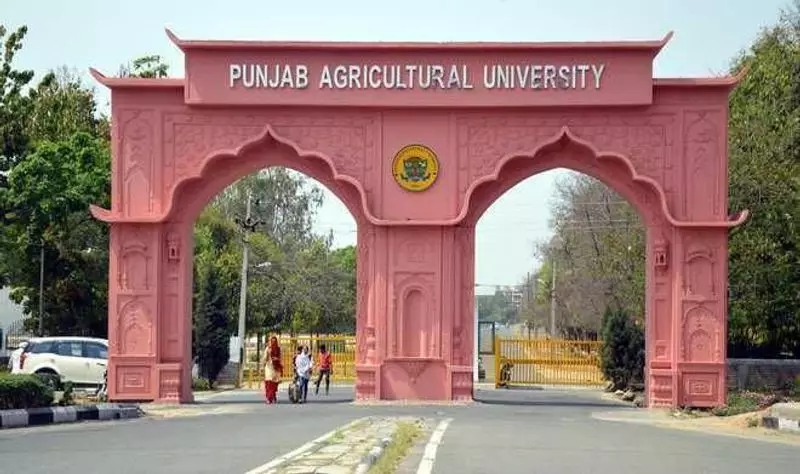
In a significant move towards sustainable agriculture, Punjab Agricultural University (PAU) has successfully trained 175 service providers in advanced paddy straw management techniques. This comprehensive training program aims to tackle the critical issue of stubble burning while promoting eco-friendly farming practices across the region.
Combatting Stubble Burning Through Education
The intensive training session equipped participants with practical knowledge and hands-on experience in managing paddy straw effectively. Farmers and service providers learned about various innovative methods to handle crop residue without resorting to the environmentally harmful practice of stubble burning.
Key Training Components Included:
- Modern machinery operation for straw management
- Techniques for incorporating straw into soil
- Methods for collecting and utilizing straw as valuable biomass
- Economic opportunities in straw management
- Environmental benefits of sustainable practices
Building a Sustainable Agricultural Ecosystem
This initiative represents a crucial step in PAU's ongoing commitment to addressing agricultural challenges while protecting the environment. By empowering service providers with these essential skills, the university is creating a ripple effect that will benefit countless farmers throughout Punjab.
The training program focused on practical solutions that can be immediately implemented in the field. Participants gained expertise in operating specialized equipment designed specifically for paddy straw management, ensuring they can provide effective services to the farming community.
Environmental Impact and Future Prospects
With the successful training of these 175 service providers, PAU is making substantial progress toward reducing air pollution caused by stubble burning. The program not only addresses immediate environmental concerns but also creates new economic opportunities in the agricultural sector.
This initiative aligns with the broader national effort to promote sustainable farming practices while maintaining agricultural productivity. The trained service providers are now equipped to serve as change agents, spreading awareness and implementing solutions that benefit both farmers and the environment.





